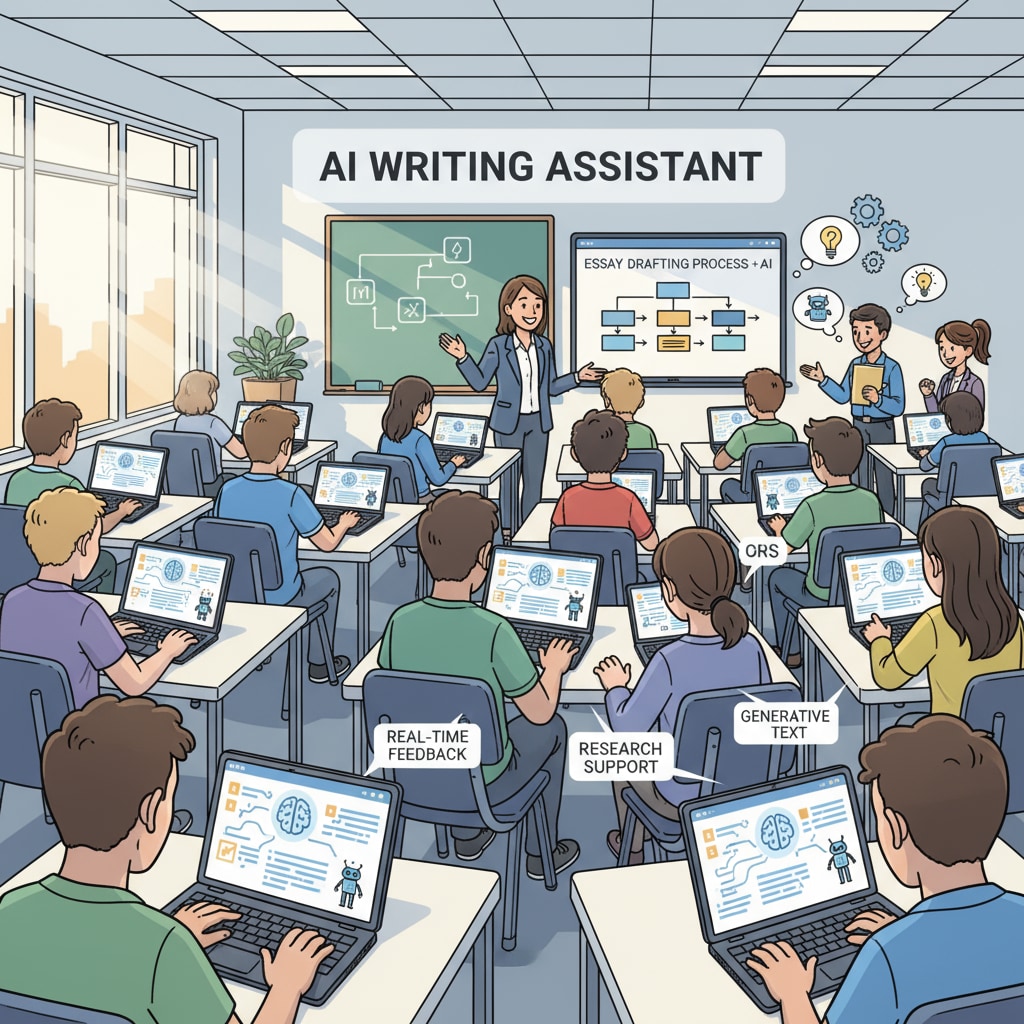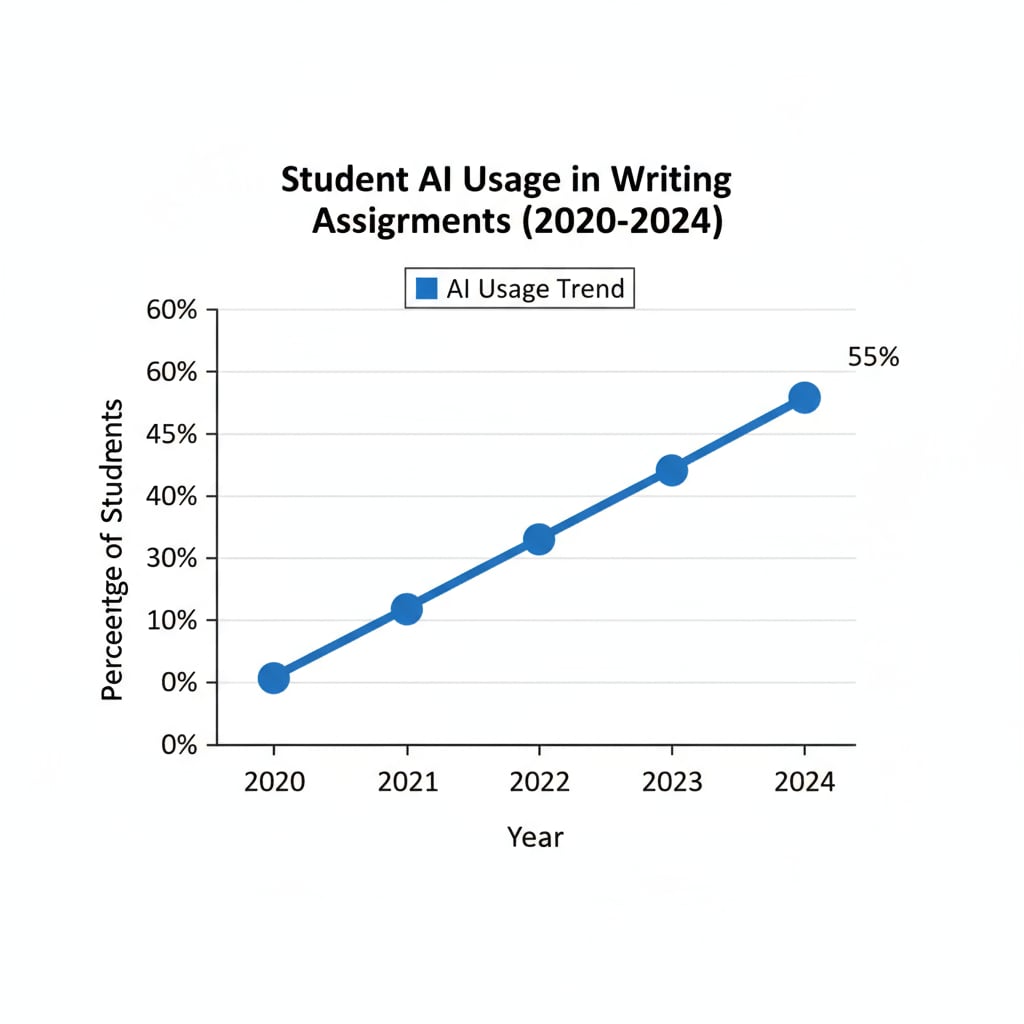In the digital age, the issue of student writing, assignment authenticity, and educational objectives has taken on a new dimension with the widespread use of AI tools. As these tools become more accessible, educators are grappling with a significant challenge: how to balance the convenience of technology with the cultivation of students’ genuine writing abilities.

The Rise of AI in Student Writing
AI has revolutionized the way students approach writing tasks. With a simple prompt, an AI can generate well-structured essays, reports, and stories. This has led to a concerning trend where some students are using AI to complete their assignments, undermining the authenticity of their work. For example, a recent study by EdSurge found that a significant percentage of students admitted to using AI for school assignments. This not only violates the principles of academic integrity but also has long-term implications for students’ writing development.

The Potential Harms of AI-Assisted Writing
One of the major concerns is that relying on AI for writing inhibits students’ ability to think critically and develop their own voices. Writing is not just about putting words on paper; it’s a process of organizing thoughts, analyzing ideas, and expressing unique perspectives. When students use AI to generate their work, they miss out on this crucial cognitive process. Moreover, it can lead to a lack of creativity as students become dependent on the pre-set algorithms of the AI. As a result, they may struggle to write independently in real-world situations where AI assistance is not available.
Readability guidance: Keep paragraphs short and use transition words like “moreover” and “as a result” to enhance flow. Use lists to summarize key points when possible.
Rethinking the Goals of Writing Education
In light of the AI challenge, it’s essential to reevaluate the goals of writing education. Instead of focusing solely on the end product, educators should emphasize the process of writing. This includes teaching students how to brainstorm ideas, conduct research, outline their thoughts, and revise their work. By doing so, students will develop the skills necessary to write authentically and independently. Additionally, educational institutions need to implement clear policies regarding the use of AI in assignments to safeguard the integrity of the learning process. According to ASCD, creating a culture of digital literacy and ethical use of technology is crucial for students’ growth.
In conclusion, while AI tools offer certain advantages, their impact on student writing, assignment authenticity, and educational objectives cannot be ignored. Educators, students, and parents need to work together to find a balance that allows students to benefit from technology while still developing their true writing abilities. By redefining the goals of writing education and promoting ethical use of AI, we can ensure that students are well-prepared for the challenges of the future.


